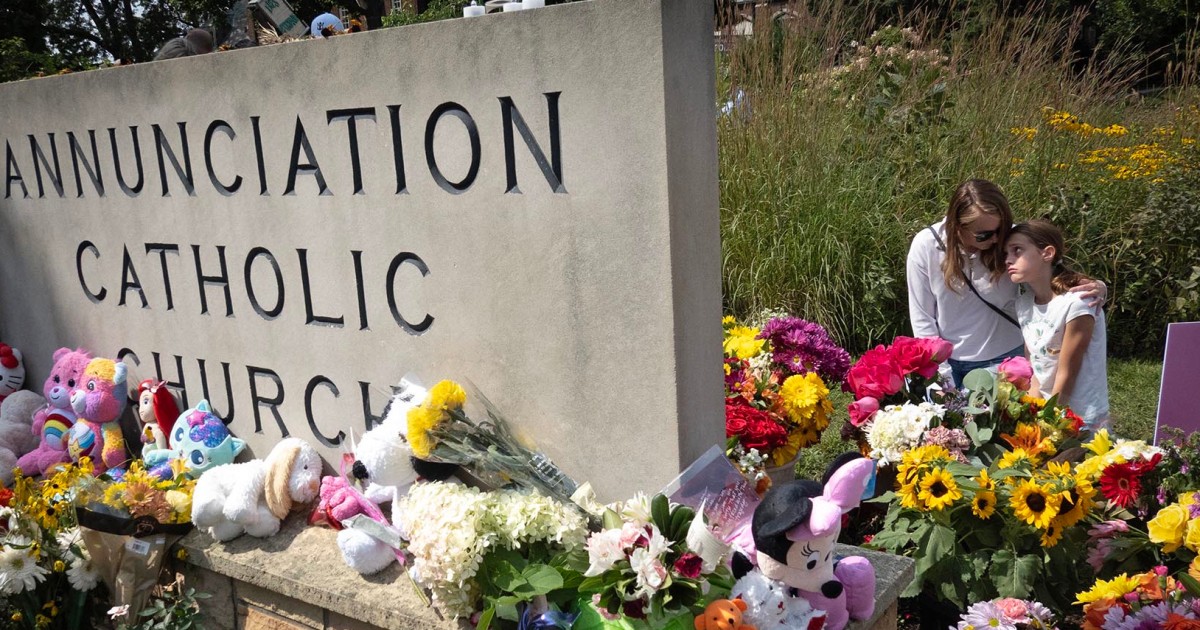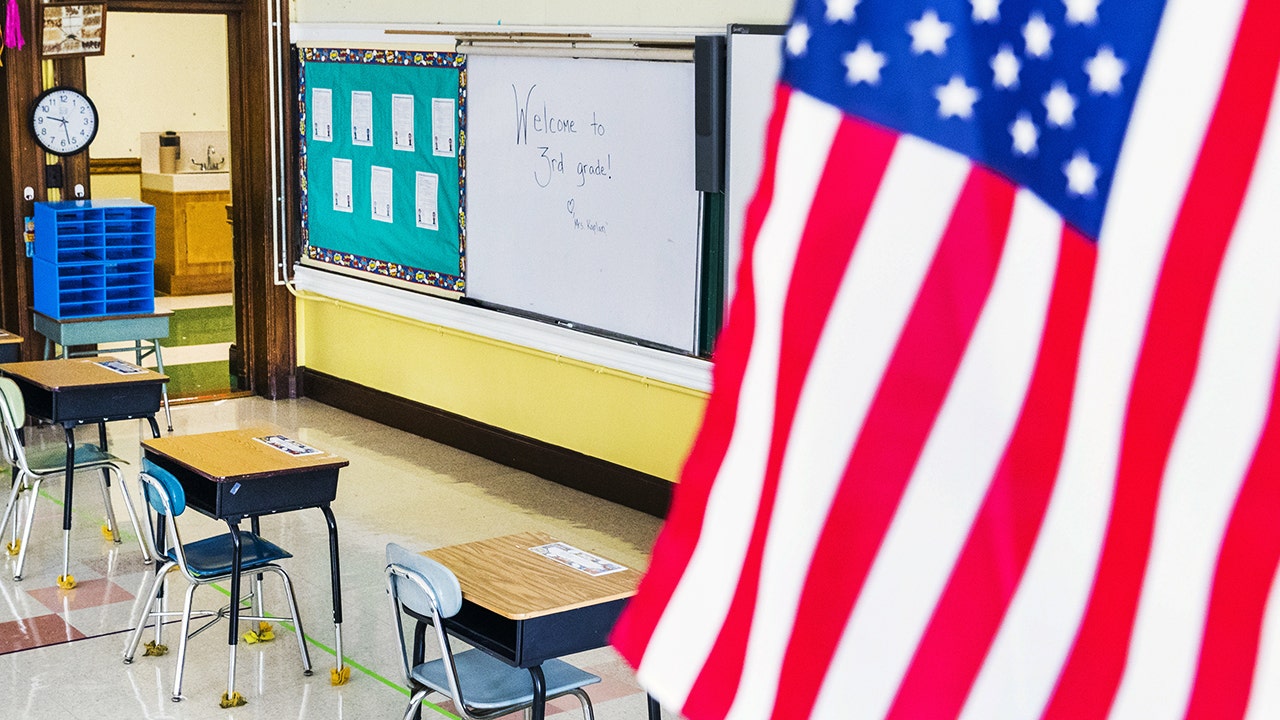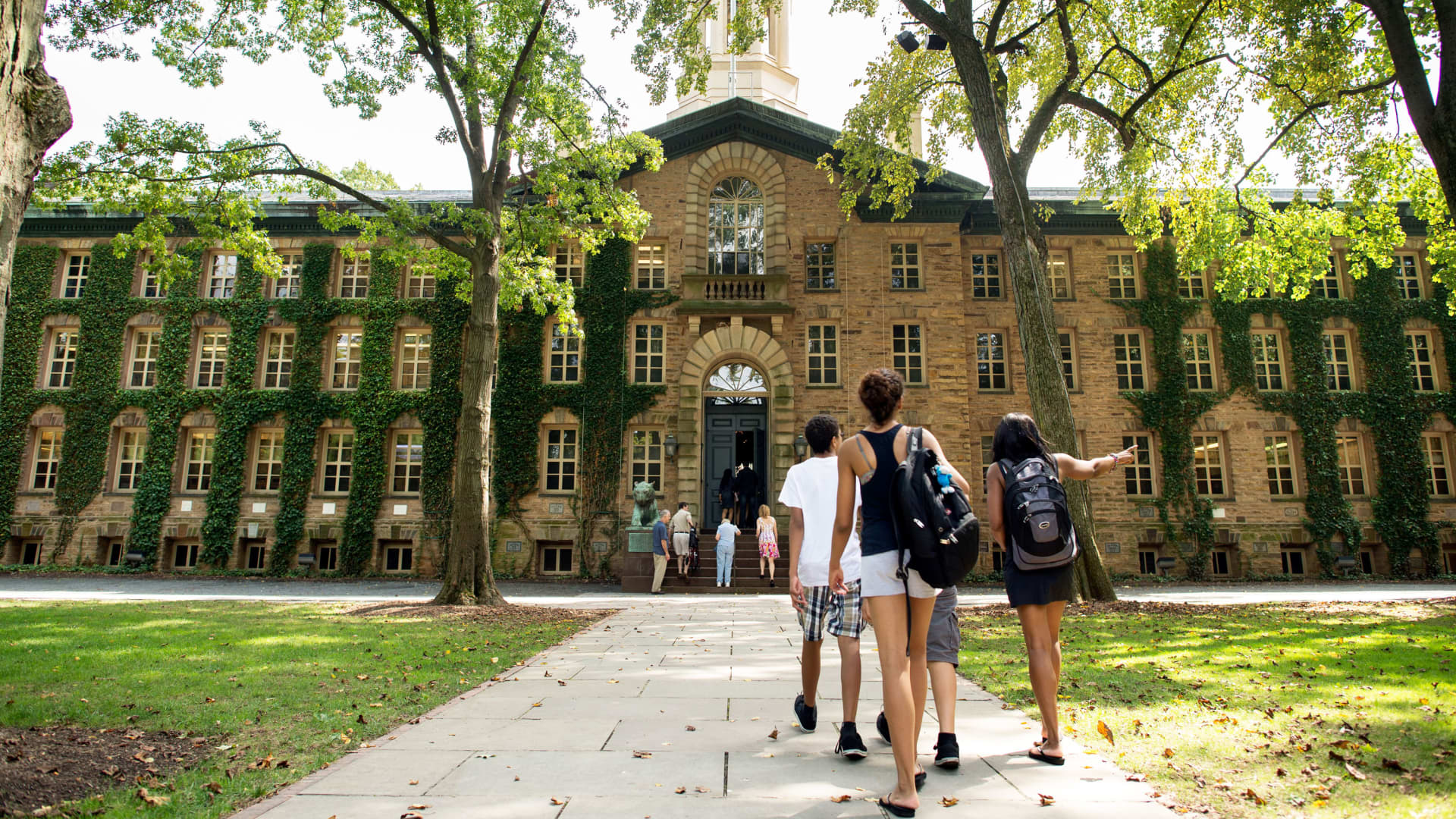Columbia’s Stand Against Antisemitism Marks a Turning Point for Academic Integrity
In a landmark decision, Columbia University has taken decisive action to combat antisemitism on campus, reinforcing its commitment to academic integrity and social responsibility. The Ivy League institution announced new policies and educational initiatives this week following a surge in reported hate incidents. This move comes amid growing national scrutiny of how universities address discrimination, setting a potential precedent for higher education nationwide.
The Catalysts for Change
Columbia’s administration acted after documenting a 32% increase in antisemitic incidents during the 2022-2023 academic year, according to internal campus safety reports. The university formed a Task Force on Antisemitism last fall, comprising faculty, students, and outside experts. Their six-month investigation revealed troubling patterns of harassment, including:
- Vandalism of Jewish student organization spaces
- Disruptions of Holocaust remembrance events
- Social media threats targeting Jewish scholars
“This isn’t about limiting free speech—it’s about protecting our community from genuine harm,” said Dr. Elena Schwartz, Columbia’s Vice Provost for Diversity and Inclusion. “Academic freedom thrives when all students feel safe to learn and debate.”
Multifaceted Approach to Combat Hate
The university’s action plan includes three key components:
- Mandatory education: All incoming students must complete antisemitism awareness training
- Reporting reforms: Streamlined systems for documenting bias incidents
- Faculty engagement: Workshops on addressing hate speech in classroom discussions
Columbia partnered with the Anti-Defamation League (ADL) to develop its curriculum, incorporating historical context about Jewish persecution with modern manifestations of antisemitism. Preliminary data from similar programs at other universities shows a 40-60% reduction in reported incidents within two years of implementation.
Balancing Free Speech and Campus Safety
Some free speech advocates have raised concerns about potential overreach. “Universities must walk a fine line between protecting students and preserving intellectual freedom,” noted First Amendment scholar Professor David Feldstein of NYU. “Policies that are too broad could inadvertently suppress legitimate political discourse about Israel-Palestine issues.”
However, Jewish student leaders argue the measures are proportionate. “When swastikas appear on dorm walls or protesters chant ‘Jews go back to Europe,’ that’s not political debate—it’s hate pure and simple,” said Rachel Goldman, president of Columbia’s Jewish Student Union.
National Implications for Higher Education
Columbia’s move comes as the U.S. Department of Education investigates 75 colleges for potential Title VI civil rights violations related to antisemitism. The Biden administration has made campus discrimination a priority, allocating $50 million in grants for prevention programs. Other universities monitoring Columbia’s initiative include:
- Harvard
- University of Pennsylvania
- UC Berkeley
- University of Michigan
Education Secretary Miguel Cardona praised Columbia’s “proactive leadership,” suggesting it could become a model for other institutions. Meanwhile, some alumni donors have threatened to withhold contributions until they see concrete results.
The Road Ahead: Challenges and Opportunities
Implementing these changes won’t be without hurdles. Faculty senate minutes reveal concerns about enforcement consistency and resource allocation. The university plans quarterly progress reports and has established an oversight committee including student representatives.
Looking forward, Columbia’s actions may spark broader conversations about:
- The evolving role of universities in social justice movements
- Best practices for measuring campus climate improvements
- Balancing diverse cultural and religious perspectives
As campuses nationwide grapple with rising hate crimes—FBI data shows a 37% increase in religious-based incidents since 2020—Columbia’s experiment in institutional responsibility could redefine academic standards for years to come. The university community and higher education observers alike will be watching closely as these policies take effect this fall.
For readers interested in supporting inclusive campus initiatives, Columbia’s Office of University Life has established a dedicated fund for interfaith and anti-discrimination programs. Visit their website for details on contributing or accessing resources.
See more TED Talks World



